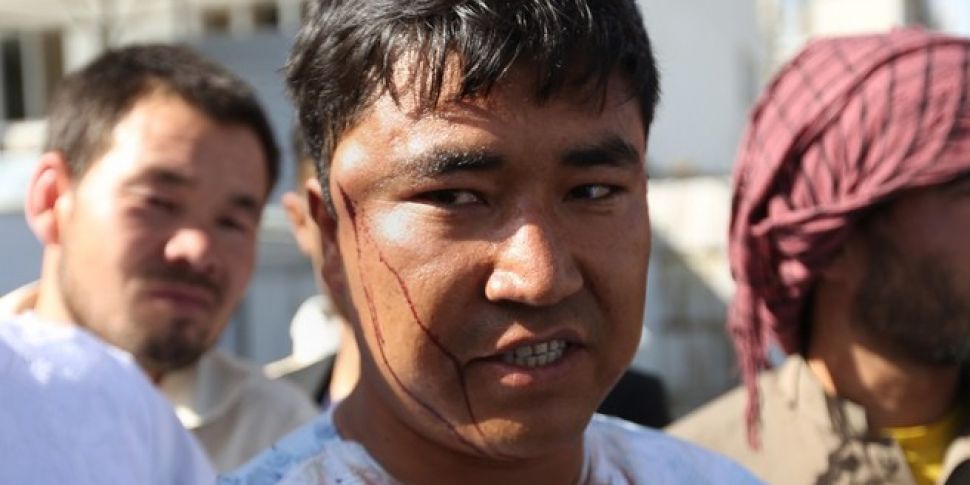Afghanistan is observing a day of national mourning after a suicide bombing attack killed 80 people and injured more than 230 others during a protest march in Kabul.
Witnesses said the blasts happened where hundreds of Afghanistan's Hazara minority had gathered to protest over the route of a planned multimillion-dollar power line.
They were demanding a major electric transmission line pass through their impoverished areas, an option the government says would cost millions and delay the badly needed project by years.
The so-called Islamic State has claimed responsibility for the attack in the Afghan capital. The group's Amaq news agency said two people "detonated explosive belts at a gathering of Shi’ites".
One of the march organisers, Laila Mohammadi, said she arrived at the scene soon after the blast and saw "many dead and wounded people".
Violence had been feared at what was the second march over the power line issue.
The demonstrators had been shouting "death to discrimination" and "all Afghans are equal".

Afghan demonstrators march towards the centre of Kabul earlier today | Photo: PA Images
The last protest in May attracted thousands of people and shut down the central business district.
The so-called TUTAP line is backed by the Asian Development Bank with involvement of Turkmenistan, Uzbekistan, Tajikistan, Afghanistan and Pakistan.
The original plan routed the line through Bamiyan province, in the central highlands, where most of the country's Hazaras live.
That route was changed in 2013 by the previous Afghan government.
Leaders of the marches have said the rerouting was evidence of bias against the Hazara community.
Hazaras are considered the poorest of the country's ethnic groups, and often complain of discrimination.
Less than 40% of the population in Afghanistan are connected to the national grid, according to the World Bank.
Almost 75% of electricity is imported.









